Is there a magic formula for effective eLearning? Three parts Instructional Design plus one part Smile Sheets divided by one part Microlearning equals ______?
While every use case and training goal is different, there are tried and true ways you can effectively combine different elements of learning to engage your workers and drive behavior change.
In this webinar, Richard Vass, VP of Learning Solutions at ELB Learning and Brian Washburn, the co-founder and CEO of Endurance Learning talked about how you can combine elements of learning—even the radioactive ones—for a winning learning strategy
First, how do we define a “radioactive” element of learning?
Radioactive elements are elements that go into a learning program or strategy that can be super powerful in the effect they have on learners.
However, if used improperly (as is often the case), they can be extremely combustible and contaminate the reputation of the element, the trainer, and even training as a whole.
Brian challenged attendees to guess what they think the 11 radioactive elements of learning might be. Popular guesses included: slide decks/PowerPoint, games, icebreakers, lectures, and more.
Brian’s 11 Most Radioactive Learning Elements
- Lecture
- PowerPoint
- SMEs
- Handouts
- Smile Sheets
- Icebreakers
- eLearning
- Augmented Reality
- Role Play
- Games
- Data
Here are a few examples of how a radioactive element can work well in a learning strategy, as well as why it might turn your learners off:
PowerPoint can be a dynamic piece of a presentation with animations and triggers that reveal information piece by piece, but it’s so often misused and incredibly boring.
Games (not gamification) are discrete components or activities added into a learning program. If you add games without intent, you’re not always getting the full benefit of the activity. However, a game that aligns with your learning objectives can be a really good way to engage and reinforce learning.
Harnessed properly, icebreakers can be a great way to lead into the flow of learning. But many people hate pointless icebreakers and will do their best to avoid them.
See all the elements on Endurance Learning’s Elements of Amazing Learning Experiences Table. Jump to 8:56 in the webinar recap to hear Brian explain each category.
After Brian explained the different elements, Rich Vass jumped in to share some real-life examples of how you can effectively use these radioactive elements in learning.
First, he pulled up some PowerPoint templates from the ELB Template Library to demonstrate that PowerPoint presentations don’t have to be filled with 90s clip art and bad animations. You can have a very professional, well-designed slide deck with beautiful charts and graphs.
Next, Brian talked about working with subject matter experts (SMEs). Instructional designers know that working with SMEs on Custom eLearning Development can be a struggle, but it doesn’t have to be. Often your expert is determined to keep the material as factual and detailed (aka BORING) as possible. However, it’s up to you as the instructional designer to work together with the subject matter expert to push the material forward in a way that engages the learners.
For more of Rich and Brian’s tips on properly using radioactive learning elements, watch the webinar recording now.
Want help creating engaging and effective learning experiences?
Contact ELB Learning for Custom eLearning Development tailored to your budget and needs.








